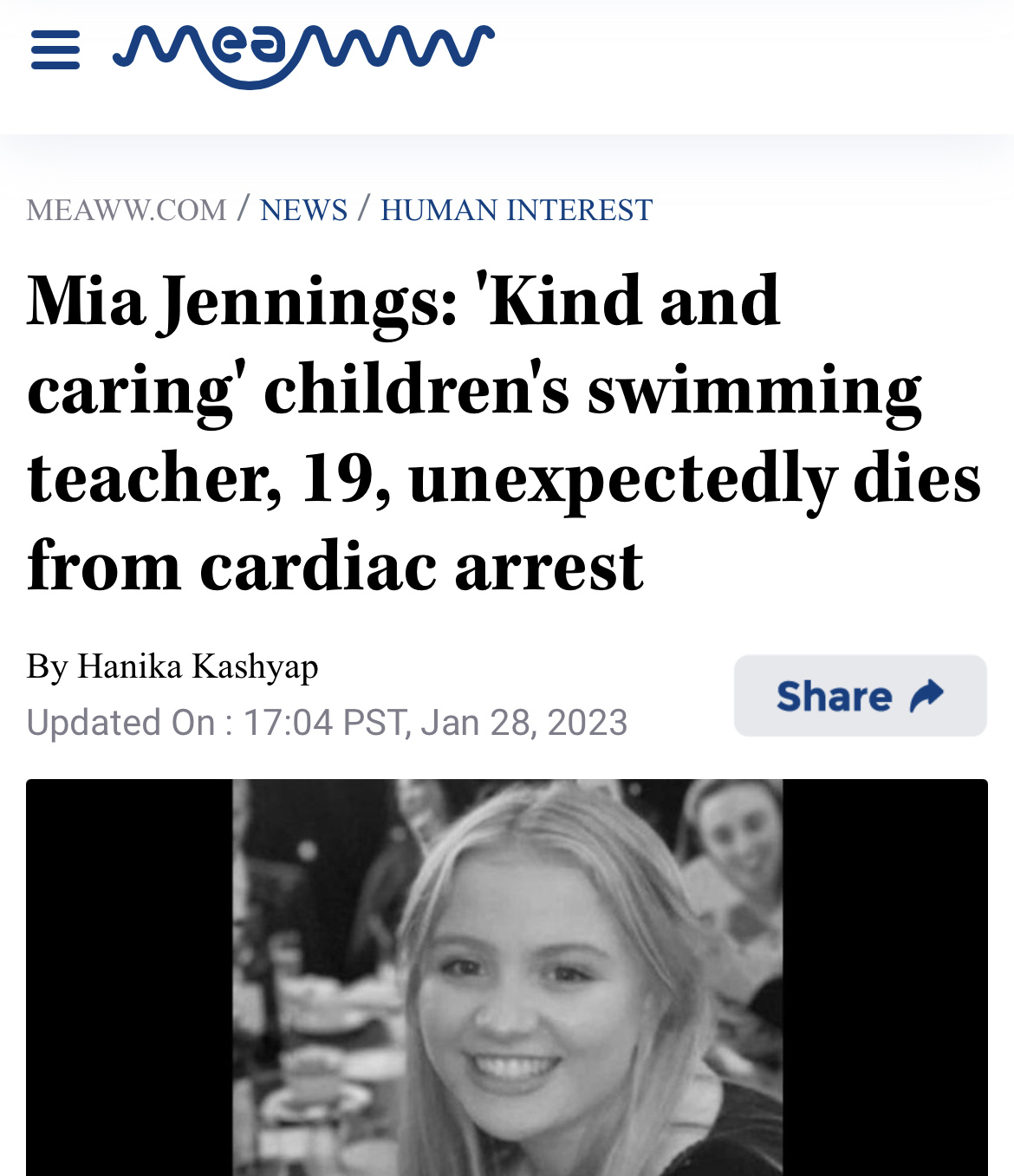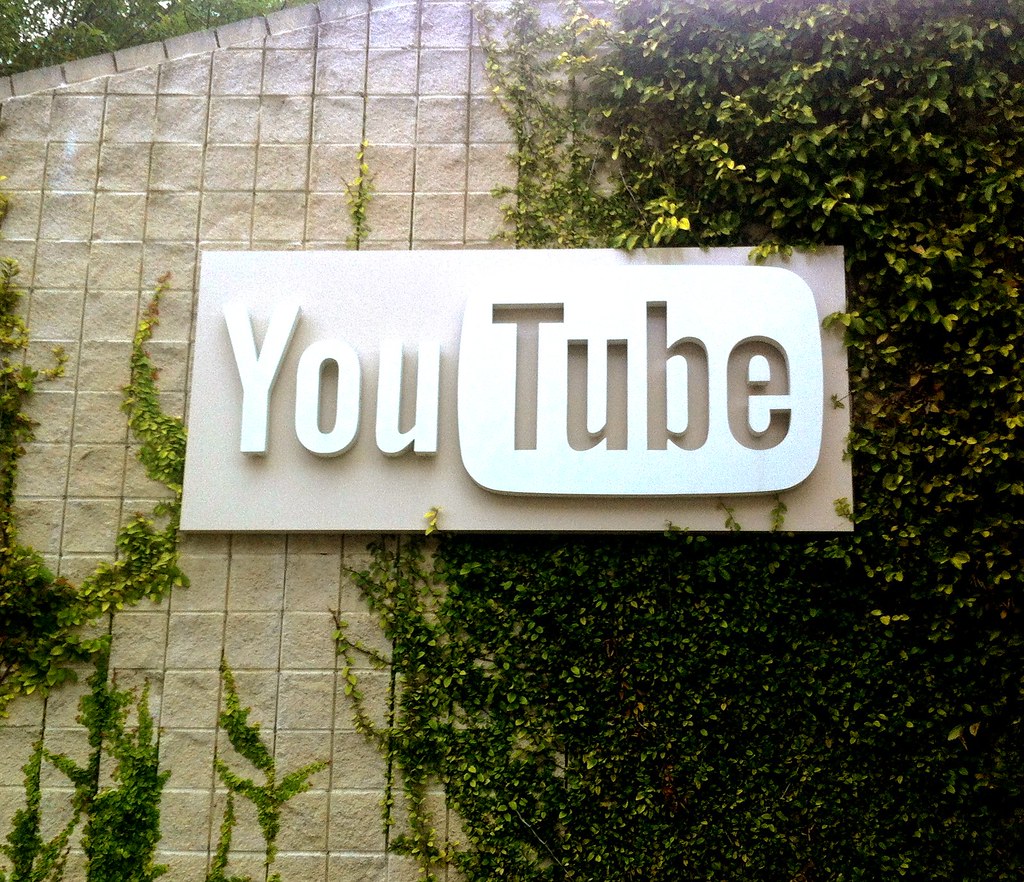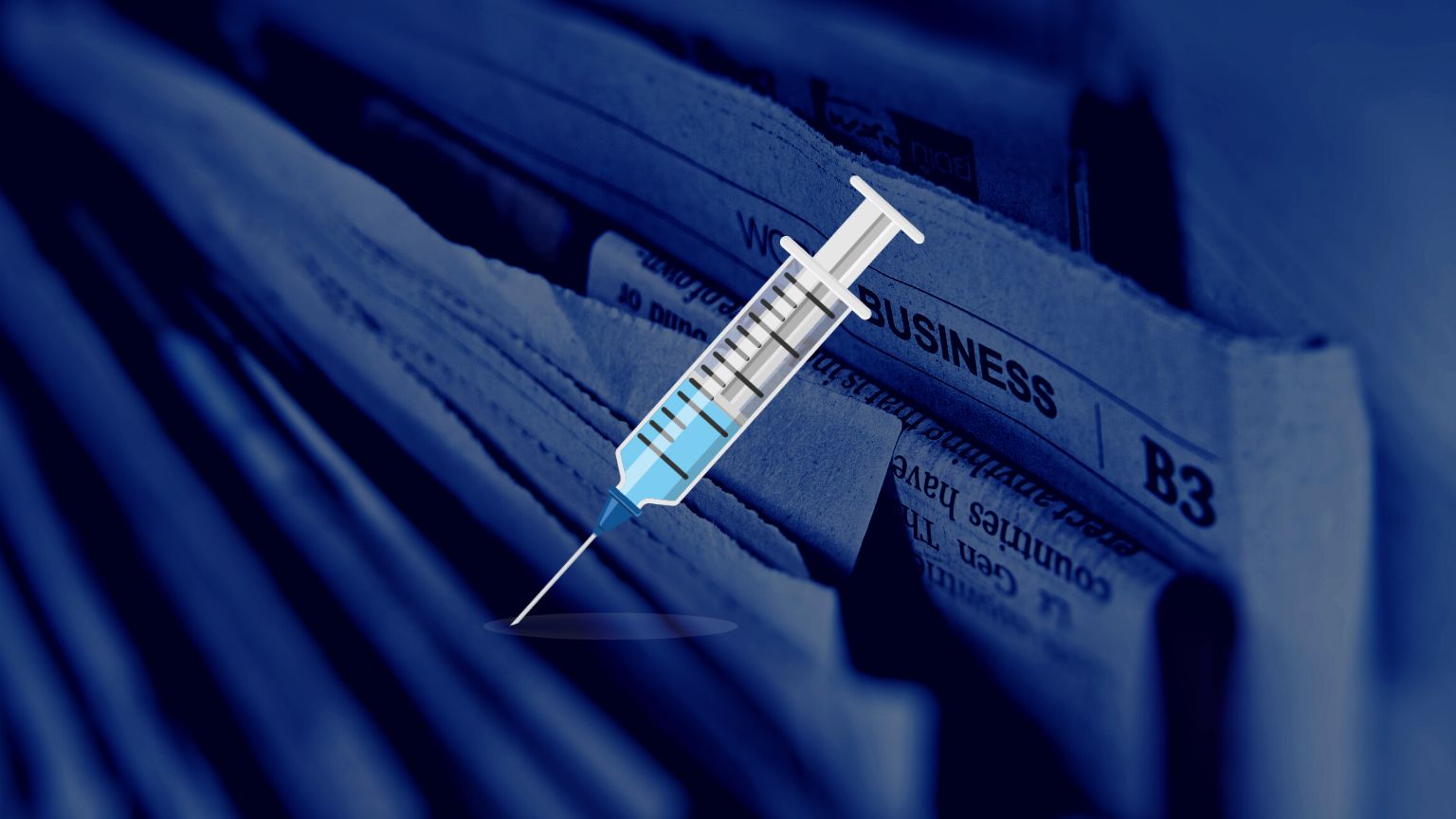jack
The Legendary Troll Kingdom
Story by Kevin Bass
As a medical student and researcher, I staunchly supported the efforts of the public health authorities when it came to COVID-19. I believed that the authorities responded to the largest public health crisis of our lives with compassion, diligence, and scientific expertise. I was with them when they called for lockdowns, vaccines, and boosters.
I was wrong. We in the scientific community were wrong. And it cost lives.
I can see now that the scientific community from the CDC to the WHO to the FDA and their representatives, repeatedly overstated the evidence and misled the public about its own views and policies, including on natural vs. artificial immunity, school closures and disease transmission, aerosol spread, mask mandates, and vaccine effectiveness and safety, especially among the young. All of these were scientific mistakes at the time, not in hindsight. Amazingly, some of these obfuscations continue to the present day.
But perhaps more important than any individual error was how inherently flawed the overall approach of the scientific community was, and continues to be. It was flawed in a way that undermined its efficacy and resulted in thousands if not millions of preventable deaths.
What we did not properly appreciate is that preferences determine how scientific expertise is used, and that our preferences might be—indeed, our preferences were—very different from many of the people that we serve. We created policy based on our preferences, then justified it using data. And then we portrayed those opposing our efforts as misguided, ignorant, selfish, and evil.
We made science a team sport, and in so doing, we made it no longer science. It became us versus them, and "they" responded the only way anyone might expect them to: by resisting.
We excluded important parts of the population from policy development and castigated critics, which meant that we deployed a monolithic response across an exceptionally diverse nation, forged a society more fractured than ever, and exacerbated longstanding heath and economic disparities.
Our emotional response and ingrained partisanship prevented us from seeing the full impact of our actions on the people we are supposed to serve. We systematically minimized the downsides of the interventions we imposed—imposed without the input, consent, and recognition of those forced to live with them. In so doing, we violated the autonomy of those who would be most negatively impacted by our policies: the poor, the working class, small business owners, Blacks and Latinos, and children. These populations were overlooked because they were made invisible to us by their systematic exclusion from the dominant, corporatized media machine that presumed omniscience.
Most of us did not speak up in support of alternative views, and many of us tried to suppress them. When strong scientific voices like world-renowned Stanford professors John Ioannidis, Jay Bhattacharya, and Scott Atlas, or University of California San Francisco professors Vinay Prasad and Monica Gandhi, sounded the alarm on behalf of vulnerable communities, they faced severe censure by relentless mobs of critics and detractors in the scientific community—often not on the basis of fact but solely on the basis of differences in scientific opinion.
When former President Trump pointed out the downsides of intervention, he was dismissed publicly as a buffoon. And when Dr. Antony Fauci opposed Trump and became the hero of the public health community, we gave him our support to do and say what he wanted, even when he was wrong.
Trump was not remotely perfect, nor were the academic critics of consensus policy. But the scorn that we laid on them was a disaster for public trust in the pandemic response. Our approach alienated large segments of the population from what should have been a national, collaborative project.
And we paid the price. The rage of the those marginalized by the expert class exploded onto and dominated social media. Lacking the scientific lexicon to express their disagreement, many dissidents turned to conspiracy theories and a cottage industry of scientific contortionists to make their case against the expert class consensus that dominated the pandemic mainstream. Labeling this speech "misinformation" and blaming it on "scientific illiteracy" and "ignorance," the government conspired with Big Tech to aggressively suppress it, erasing the valid political concerns of the government's opponents.
And this despite the fact that pandemic policy was created by a razor-thin sliver of American society who anointed themselves to preside over the working class—members of academia, government, medicine, journalism, tech, and public health, who are highly educated and privileged. From the comfort of their privilege, this elite prizes paternalism, as opposed to average Americans who laud self-reliance and whose daily lives routinely demand that they reckon with risk. That many of our leaders neglected to consider the lived experience of those across the class divide is unconscionable.
Incomprehensible to us due to this class divide, we severely judged lockdown critics as lazy, backwards, even evil. We dismissed as "grifters" those who represented their interests. We believed "misinformation" energized the ignorant, and we refused to accept that such people simply had a different, valid point of view.
We crafted policy for the people without consulting them. If our public health officials had led with less hubris, the course of the pandemic in the United States might have had a very different outcome, with far fewer lost lives.
Instead, we have witnessed a massive and ongoing loss of life in America due to distrust of vaccines and the healthcare system; a massive concentration in wealth by already wealthy elites; a rise in suicides and gun violence especially among the poor; a near-doubling of the rate of depression and anxiety disorders especially among the young; a catastrophic loss of educational attainment among already disadvantaged children; and among those most vulnerable, a massive loss of trust in healthcare, science, scientific authorities, and political leaders more broadly.
My motivation for writing this is simple: It's clear to me that for public trust to be restored in science, scientists should publicly discuss what went right and what went wrong during the pandemic, and where we could have done better.
It's OK to be wrong and admit where one was wrong and what one learned. That's a central part of the way science works. Yet I fear that many are too entrenched in groupthink—and too afraid to publicly take responsibility—to do this.
Solving these problems in the long term requires a greater commitment to pluralism and tolerance in our institutions, including the inclusion of critical if unpopular voices.
Intellectual elitism, credentialism, and classism must end. Restoring trust in public health—and our democracy—depends on it.
Kevin Bass is an MD/PhD student at a medical school in Texas. He is in his 7th year.
As a medical student and researcher, I staunchly supported the efforts of the public health authorities when it came to COVID-19. I believed that the authorities responded to the largest public health crisis of our lives with compassion, diligence, and scientific expertise. I was with them when they called for lockdowns, vaccines, and boosters.
I was wrong. We in the scientific community were wrong. And it cost lives.
I can see now that the scientific community from the CDC to the WHO to the FDA and their representatives, repeatedly overstated the evidence and misled the public about its own views and policies, including on natural vs. artificial immunity, school closures and disease transmission, aerosol spread, mask mandates, and vaccine effectiveness and safety, especially among the young. All of these were scientific mistakes at the time, not in hindsight. Amazingly, some of these obfuscations continue to the present day.
But perhaps more important than any individual error was how inherently flawed the overall approach of the scientific community was, and continues to be. It was flawed in a way that undermined its efficacy and resulted in thousands if not millions of preventable deaths.
What we did not properly appreciate is that preferences determine how scientific expertise is used, and that our preferences might be—indeed, our preferences were—very different from many of the people that we serve. We created policy based on our preferences, then justified it using data. And then we portrayed those opposing our efforts as misguided, ignorant, selfish, and evil.
We made science a team sport, and in so doing, we made it no longer science. It became us versus them, and "they" responded the only way anyone might expect them to: by resisting.
We excluded important parts of the population from policy development and castigated critics, which meant that we deployed a monolithic response across an exceptionally diverse nation, forged a society more fractured than ever, and exacerbated longstanding heath and economic disparities.
Our emotional response and ingrained partisanship prevented us from seeing the full impact of our actions on the people we are supposed to serve. We systematically minimized the downsides of the interventions we imposed—imposed without the input, consent, and recognition of those forced to live with them. In so doing, we violated the autonomy of those who would be most negatively impacted by our policies: the poor, the working class, small business owners, Blacks and Latinos, and children. These populations were overlooked because they were made invisible to us by their systematic exclusion from the dominant, corporatized media machine that presumed omniscience.
Most of us did not speak up in support of alternative views, and many of us tried to suppress them. When strong scientific voices like world-renowned Stanford professors John Ioannidis, Jay Bhattacharya, and Scott Atlas, or University of California San Francisco professors Vinay Prasad and Monica Gandhi, sounded the alarm on behalf of vulnerable communities, they faced severe censure by relentless mobs of critics and detractors in the scientific community—often not on the basis of fact but solely on the basis of differences in scientific opinion.
When former President Trump pointed out the downsides of intervention, he was dismissed publicly as a buffoon. And when Dr. Antony Fauci opposed Trump and became the hero of the public health community, we gave him our support to do and say what he wanted, even when he was wrong.
Trump was not remotely perfect, nor were the academic critics of consensus policy. But the scorn that we laid on them was a disaster for public trust in the pandemic response. Our approach alienated large segments of the population from what should have been a national, collaborative project.
And we paid the price. The rage of the those marginalized by the expert class exploded onto and dominated social media. Lacking the scientific lexicon to express their disagreement, many dissidents turned to conspiracy theories and a cottage industry of scientific contortionists to make their case against the expert class consensus that dominated the pandemic mainstream. Labeling this speech "misinformation" and blaming it on "scientific illiteracy" and "ignorance," the government conspired with Big Tech to aggressively suppress it, erasing the valid political concerns of the government's opponents.
And this despite the fact that pandemic policy was created by a razor-thin sliver of American society who anointed themselves to preside over the working class—members of academia, government, medicine, journalism, tech, and public health, who are highly educated and privileged. From the comfort of their privilege, this elite prizes paternalism, as opposed to average Americans who laud self-reliance and whose daily lives routinely demand that they reckon with risk. That many of our leaders neglected to consider the lived experience of those across the class divide is unconscionable.
Incomprehensible to us due to this class divide, we severely judged lockdown critics as lazy, backwards, even evil. We dismissed as "grifters" those who represented their interests. We believed "misinformation" energized the ignorant, and we refused to accept that such people simply had a different, valid point of view.
We crafted policy for the people without consulting them. If our public health officials had led with less hubris, the course of the pandemic in the United States might have had a very different outcome, with far fewer lost lives.
Instead, we have witnessed a massive and ongoing loss of life in America due to distrust of vaccines and the healthcare system; a massive concentration in wealth by already wealthy elites; a rise in suicides and gun violence especially among the poor; a near-doubling of the rate of depression and anxiety disorders especially among the young; a catastrophic loss of educational attainment among already disadvantaged children; and among those most vulnerable, a massive loss of trust in healthcare, science, scientific authorities, and political leaders more broadly.
My motivation for writing this is simple: It's clear to me that for public trust to be restored in science, scientists should publicly discuss what went right and what went wrong during the pandemic, and where we could have done better.
It's OK to be wrong and admit where one was wrong and what one learned. That's a central part of the way science works. Yet I fear that many are too entrenched in groupthink—and too afraid to publicly take responsibility—to do this.
Solving these problems in the long term requires a greater commitment to pluralism and tolerance in our institutions, including the inclusion of critical if unpopular voices.
Intellectual elitism, credentialism, and classism must end. Restoring trust in public health—and our democracy—depends on it.
Kevin Bass is an MD/PhD student at a medical school in Texas. He is in his 7th year.




